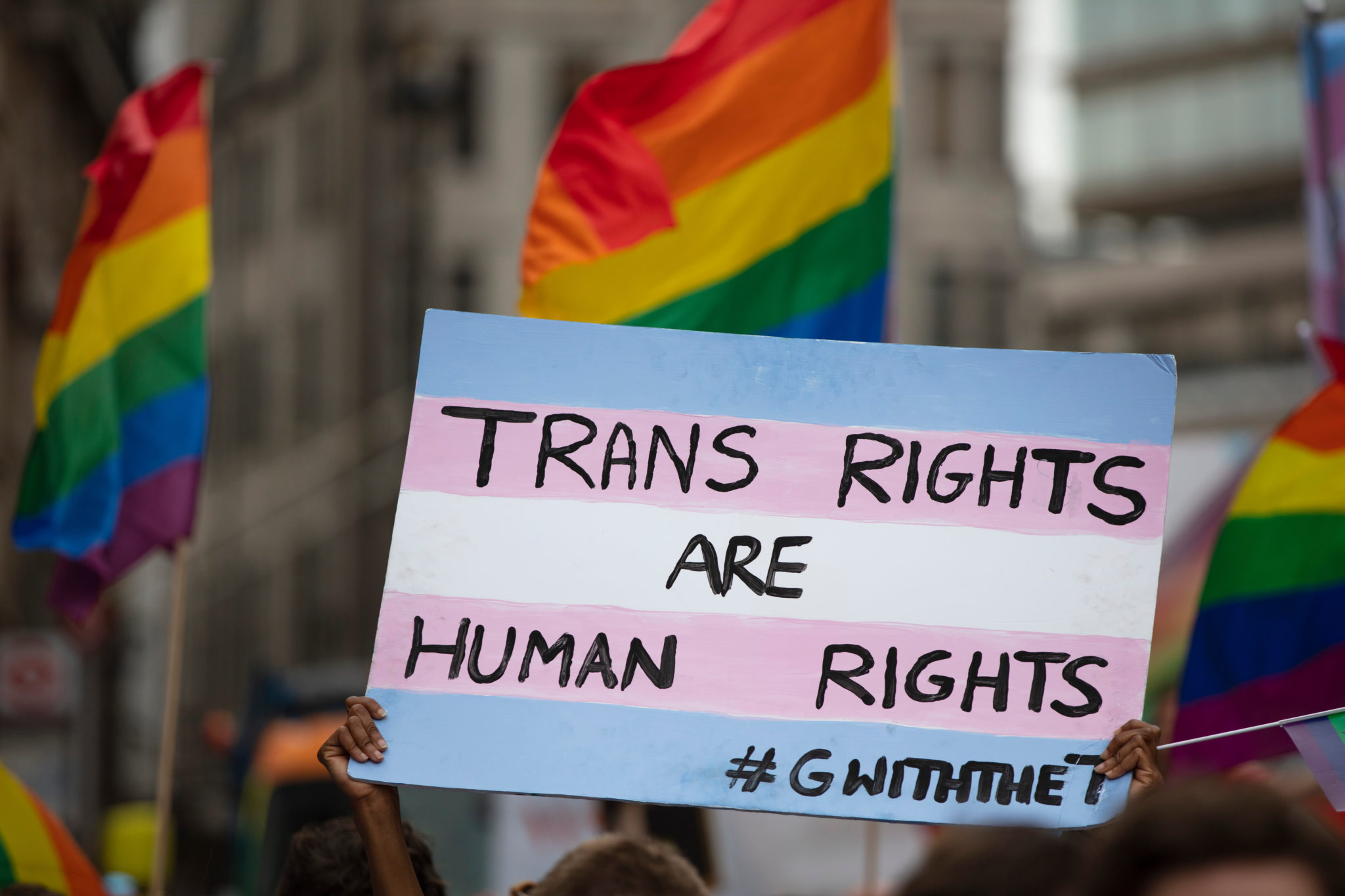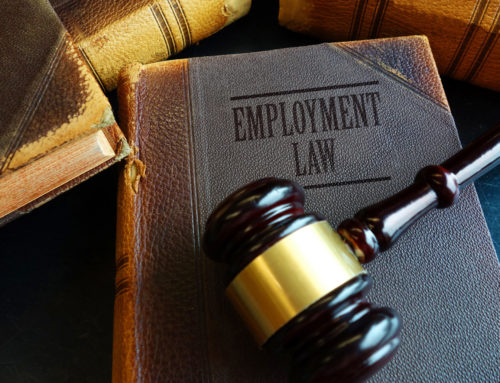Protecting our community: Transgender rights in the workplace
By Lara Keil (Candidate Legal Practitioner) under the guidance of Tzvi Brivik (Director)
South Africa is no stranger to violence or unemployment. More often than not, vulnerable groups in society experience both, as is the case with the transgender community. With unemployment rates in the transgender community being higher than ever before, many individuals are simply grateful when they gain employment. However, the harassment and discrimination they face during their employment is inexcusable.
Transphobia is defined as an irrational fear of, aversion to, or discrimination against transgender people. This definition is however quite broad and leaves much to the imagination when considering the protection afforded to transgender individuals against discrimination and harassment.
This piece is intended to explain the effect that the Code of Good Practice on the Prevention and Elimination of Harassment in the Workplace (hereafter “the New Code”) has on the rights of transgender people in the workplace. The New Code became effective on 18 March 2022 with the objective of eliminating all forms of harassment in the workplace and in any activity linked to or arising out of work.
The point of departure in determining the effects of the New Code on transgender rights in the workplace is the definition of sexual harassment. Despite not directly defining harassment, the New Code provides that harassment is generally understood to be:
- Unwanted conduct which impairs dignity;
- Which creates a hostile or intimidating work environment for one or more employees or is calculated to, or has the effect of inducing submission by actual or threatened adverse consequences;
- Is related to one or more grounds in respect of which discrimination is prohibited in terms of section 6(1) of the Employment Equity Act.
Moreover, the New Code explicitly references sexual harassment being a form of unfair discrimination, prohibited on the grounds of sex, gender, and/or sexual orientation. The test for determining whether sexual harassment has occurred requires the following factors to be considered:
- Whether the harassment is on the prohibited grounds of sex and/or gender and/or sexual orientation;
- Whether the sexual conduct was unwanted or unacceptable;
- The nature and extent of the sexual conduct; and
- The impact of sexual conduct on the employee.
In considering the abovementioned factors, it should be noted that the New Code makes provision for different ways in which an employee may indicate that sexual conduct is unwanted, including walking away or not responding. Where a complainant has not indicated that the conduct is unwelcome, sexual harassment can still occur if the conduct is such that the harasser ought to have known that it could be regarded as unwanted.
Furthermore, the unwanted conduct in question must be of a sexual nature. Such conduct can be physical, verbal, or non-verbal conduct regardless of whether it was expressed directly or indirectly. Guidance is provided as to what verbal conduct of a sexual nature may include, namely:
- Innuendos;
- Suggestions;
- Hints;
- Sexual advances;
- Comments with sexual overtones
- Sex-related jokes or insults;
- Graphic comments about a person’s body; and/or
- Inappropriate enquiries about a person’s sex life.
Finally, the New Code also recognises sexual harassment as including conduct that creates an intimidating, hostile, or humiliating working environment for the recipient of such conduct, same being present where conduct related to prohibited ground impacts on the dignity of one or more employees. This occurs where the conduct has had a negative impact on the employee’s ability to work and/or their personal well–being.
What is necessary to note is that by virtue of section 9 of the Constitution, transgender people have the exact rights as anyone else in the workplace. As such, they are entitled to the same protection, if not more, to ensure that they, as a vulnerable group, are not subjected to discrimination based on their sex, gender or sexual orientation.
If you or someone you know has been subjected to discrimination, intimidation, or harassment in the workplace, reach out to Malcolm Lyons & Brivik Inc. where we will do all we can to assist you and get you the justice you deserve.

Lara Keil (Author) under the guidance of Tzvi Brivik (Director)
Candidate Attorney at Malcolm Lyons & Brivik Inc.
LLM Candidate: Labour Law (UWC)
Malcolm Lyons and Brivik Attorneys are leading experts in the field of labour law, medical negligence and accident law in South Africa. To discuss whether you have a case, contact our offices below:
Telephone:
Cape Town Office:
Telephone: +27(0) 21 425-5570
E-mail: [email protected]
Johannesburg Office:
Telephone: +27(0) 11 268 6697
Email: [email protected]
Contact form:






